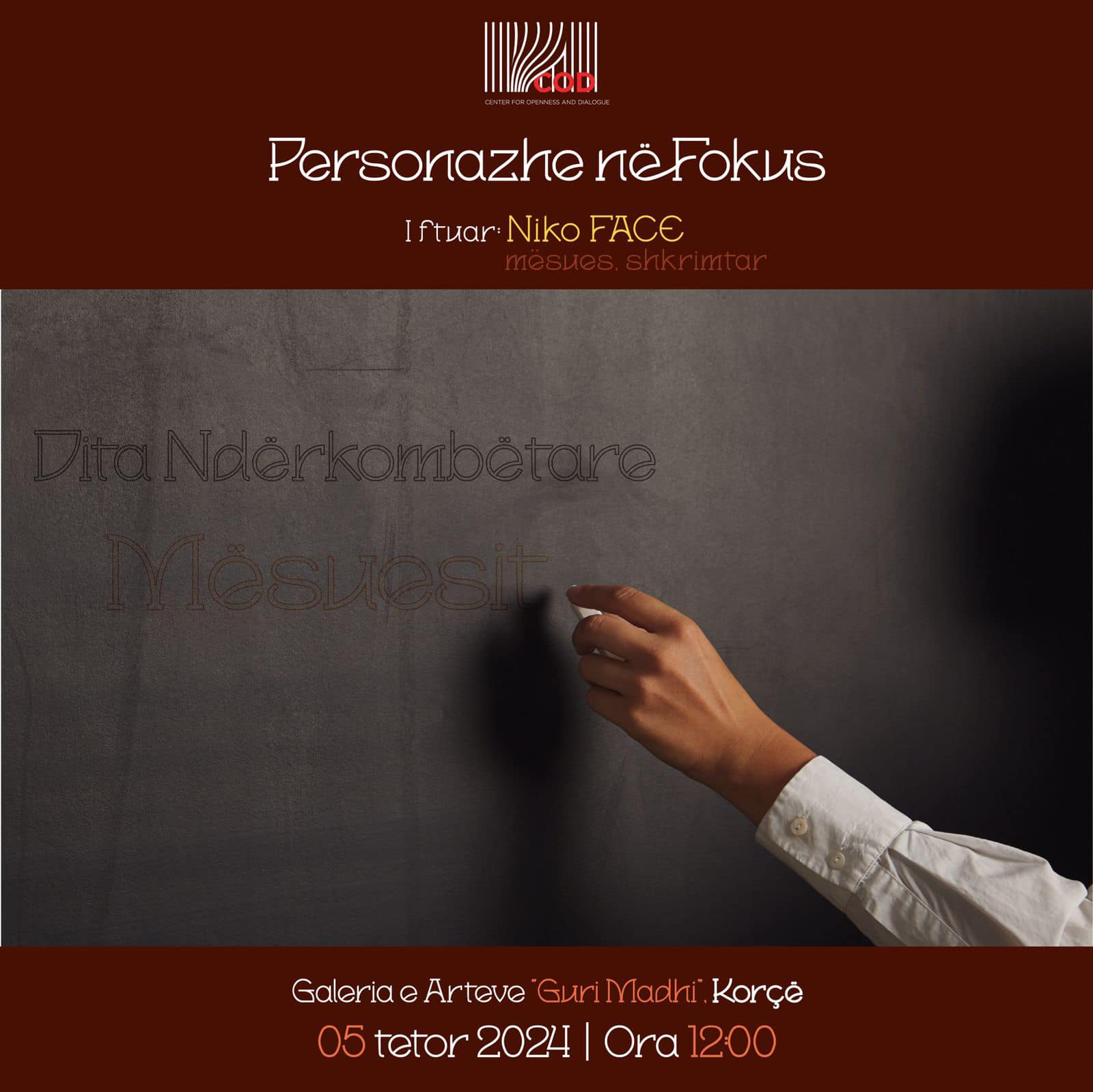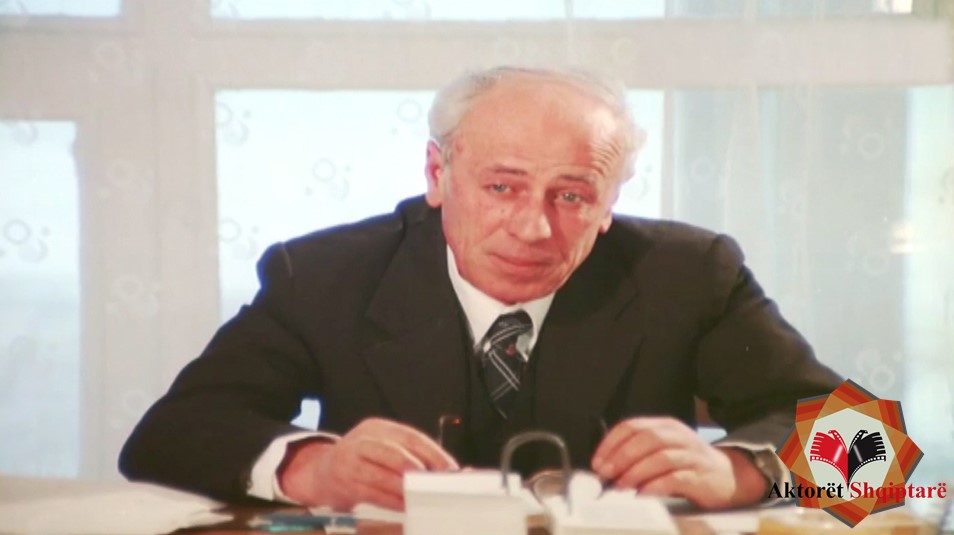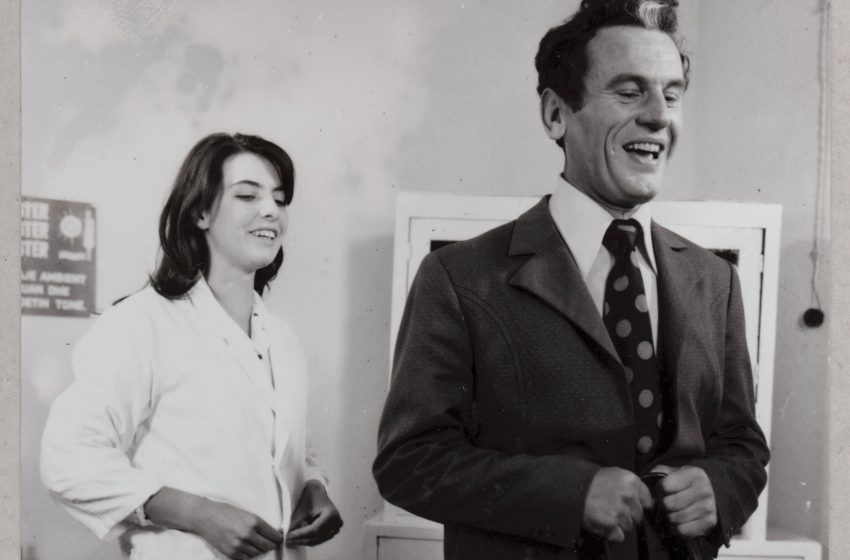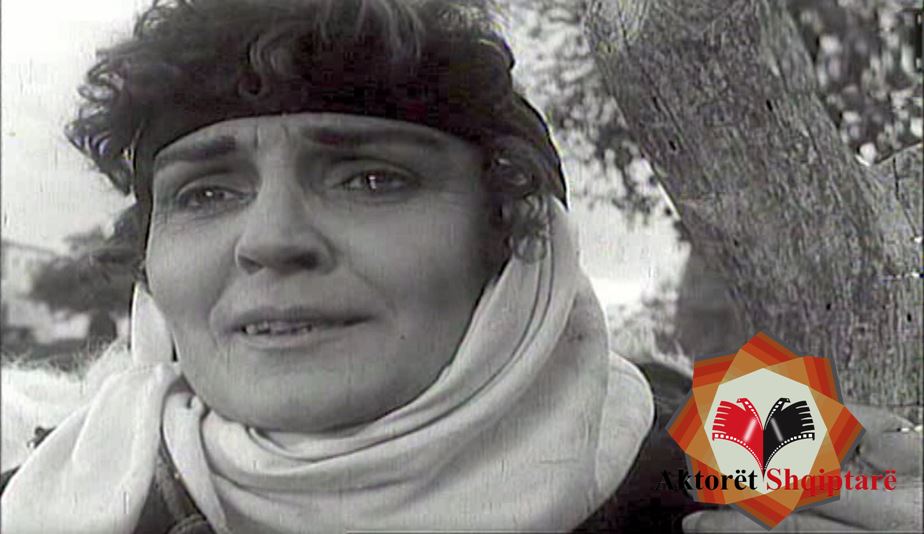Fama
Happy 68th Birthday to Teacher Nora, Actress Ermira Gjata
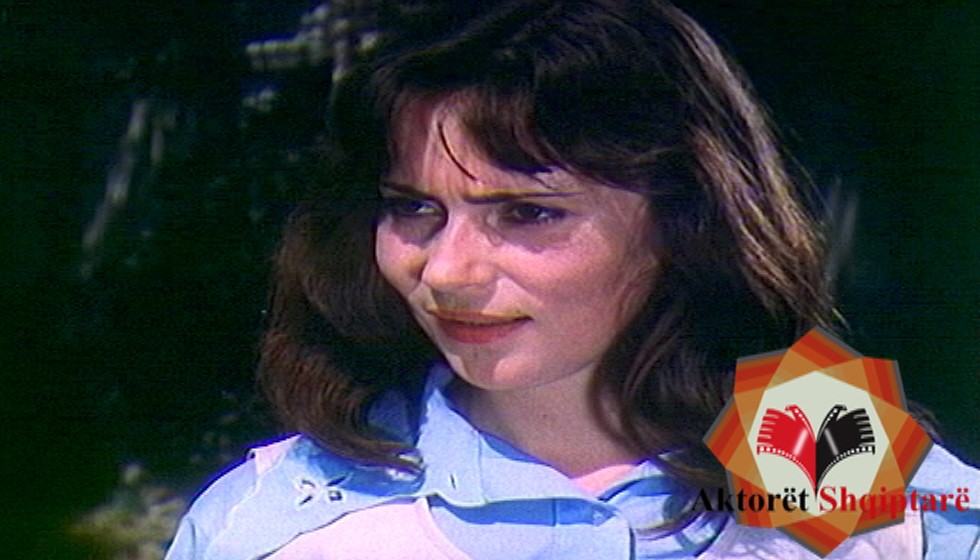
Fama
“Spotlight on Personalities”/ Guest Niko Face, teacher and author of scientific books
Fama
Director from Pogradec, Piro Xëci
Fama
Remembering Vasillaq Vangjeli 13 years after his passing
Fama
Luan Zhegu is celebrating his birthday! How old is the renowned singer turning?
Fama
Today we commemorate the 104th anniversary of the birth of People’s Artist, Marie Logoreci!
Fama
14 years without the boxing legend Dhori Gërnjoti!
-

 Politics2 days ago
Politics2 days agoBardhi Reacts After 60-Day Suspension from Parliament
-

 Sport4 days ago
Sport4 days agoLAST NIGHT’S MATCH TIRANA-SKËNDERBEU / The white and red team missed out on 1 penalty
-

 Actuality4 days ago
Actuality4 days agoThe great Vangjel Koja has passed away! Farewell, master!
-

 Super League4 days ago
Super League4 days agoGvozdenovic “attributes” the loss to…
-

 Sport2 days ago
Sport2 days agoEXCLUSIVE/ Look at Alessandro Del Piero wearing the Skënderbeu jersey 10 years ago!
-

 Sport2 days ago
Sport2 days agoSKËNDERBEU/ After Juri Merlim, alarm for Randi Dumfor and Etien Tare!
-

 Sport2 days ago
Sport2 days agoSkënderbeu / Today’s analysis of the loss: Here’s what to expect
-

 Sport2 days ago
Sport2 days agoSkënderbeu set for lineup changes on Saturday/ Here’s what to expect
-

 Sport3 days ago
Sport3 days agoEgnatia with absences heading to Korçë on Saturday!
-

 Sport4 days ago
Sport4 days agoThe white and red fans react: “It’s about the judgment…

